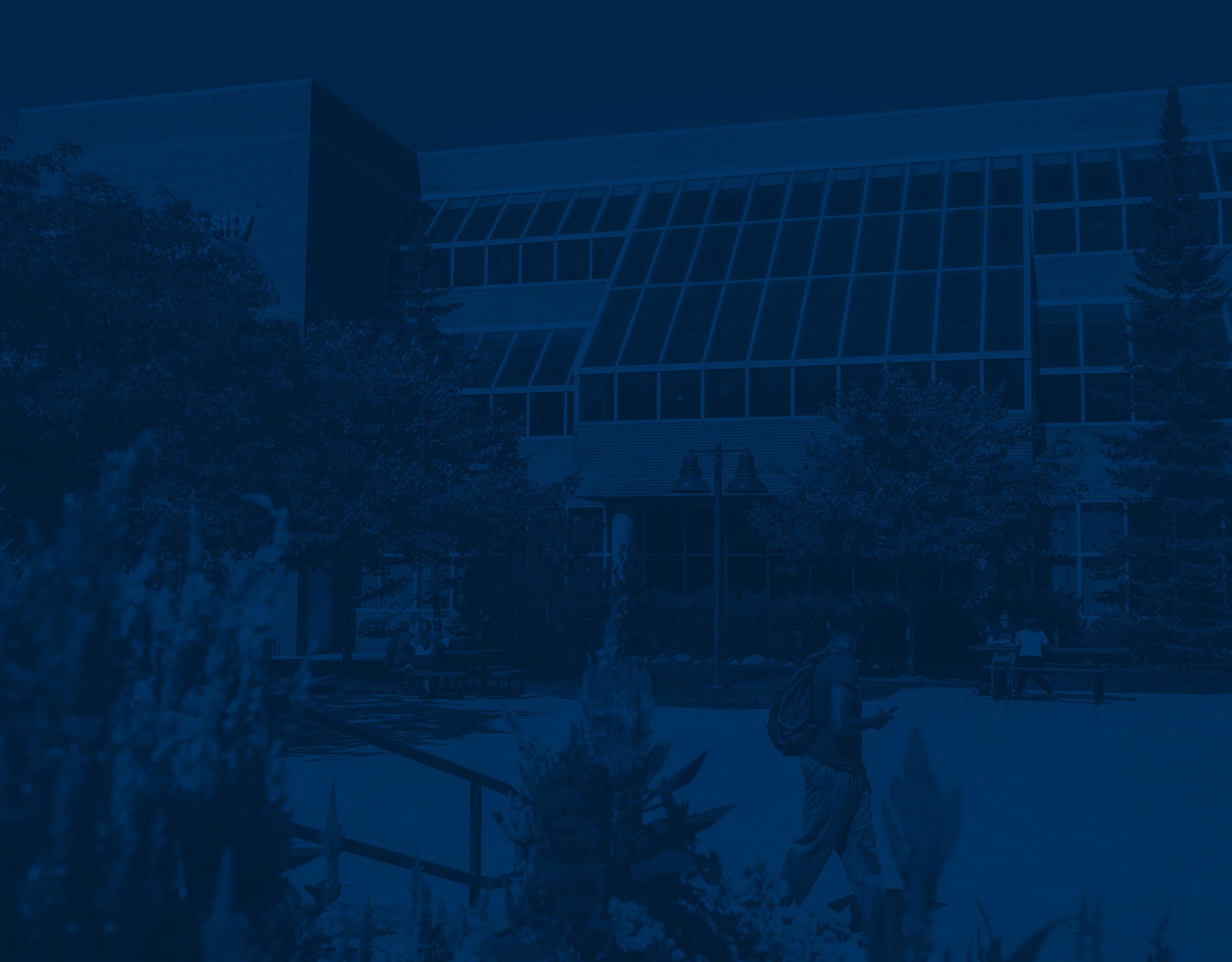Understanding Your Student’s Journey

The transition from high school to college marks an important milestone along the path from adolescence to adulthood. It’s a big step for students and families that’s both exciting and, sometimes, stressful. Students are exploring fuller independence while their relationships are changing. New students may be wondering: How much support do I need? What are common transition challenges that I might face as a new college student? How will I communicate with my family and friends? What do I do to ease the transition to college if I have a preexisting health or mental health problem? These are important considerations for anyone transitioning from high school to college. Our goal at UM-Flint is to help you thrive while adjusting to college. Learn more about adjusting to college from the Jed Foundation.
At UM-Flint, we create a pathway experience that supports students’ successful transition to a new environment and college expectations, familiarizes students with campus services and resources, builds relationships with faculty, staff, and other students, and creates meaningful learning opportunities in their first-year–all of which promotes a sense of belonging, academic success, and well-being.
Supporting Your College Student
Heading to a university is filled with new opportunities for growth and charting your student’s path in life. As your student enters college, it also marks the start of a new dynamic for you.
During the K-12 years, you most likely had direct access to your student’s academic records, as well as to their teachers. Now, due to federal privacy regulations, the student controls access to their college record. The university is limited on what information can be shared without specific student consent. However, UM-Flint recognizes that you are still a very important part of your student’s life. We encourage you to be a champion and supporter of their college journey. Below are some of our top success strategies we share with students:
- Meet with their academic advisor at least one to two times before the fall semester begins and complete any surveys/assessments their advisor recommends.
- Check their university email every day.
- Become familiar with how the MyDegreePlan online software works and how they and their advisor use it as a road map to degree completion.
- Understand how to register for classes, and make sure to register as soon as the registration period opens.
- Understand what their total charges for the semester will be and have a plan in place to cover the cost.
- Be cautious about working more than 15-20 hours per week if enrolled full-time (generally four or more classes at a time), especially if the job is off-campus
- Know where, when and in one format their classes will be held
- Have consistent access to a computer every day of the week, preferably their own laptop, and a contingency plan in case of equipment failure.
- Create a planning calendar and map out their academic, work, and personal time commitments. Strive for a healthy balance.
- Be cautious about letting social media and recreational video consumption distract from studying and other academic work.
- Never hesitate to reach out for help. If they don’t know who to contact, the Student Success Center is a good place to start.
Transitioning to College as a Nontraditional Student
From “A Different Road to College” by A. Lamoreaux
What makes a student nontraditional? Nontraditional students have an ever-growing presence on college campuses and can be broadly defined as having one or more of the following characteristics:
- Entry to college is delayed at least one year following high school.
- 24 years or older.
- Having dependents.
- Being a single parent.
- Being employed full time.
- Being financially independent.
- Veterans of U.S. armed services.
- Attending college part time.
- First-generation college student.
- English language learner.
- Dislocated worker.
UM-Flint is for students at every stage of life. We offer resources and support for working adults, military veterans, returning students, first-time college students, and near-completers. Whether starting college for the first time, returning to UM-Flint after a hiatus, or resuming college after having attended another institution, there are opportunities here for you or your student!
Tips to Help Your Student Thrive at UM-Flint
College is an exciting time for students to learn, have new experiences, and grow. Thoroughly engaging intellectually, socially, and emotionally in the college experience will allow your student to thrive and make the most of their time at UM-Flint. The following tips can help you support a holistically enriching college experience for your student:
- Be open-minded and inspire your student to do the same as they are introduced to new and diverse perspectives and ideas.
- Encourage your student to get involved with campus activities and programs to build connections with peers, faculty, and staff.
- Be supportive, listen and offer reassurance, especially with mistakes. Emotional support from parents and family is significant to student success.
- Stay Connected, ask questions about academics, events, and the overall college experience.
- Communicate through regular check-ins and keep lines of communication open.
- Reinforce time management by assisting with managing time commitments. Accept that they will have to say “no” to family events and activities at times due to academic commitments.
- Boost confidence by allowing your student to solve problems as they arise. Ask how you can help rather than providing an immediate solution.
- Foster resilience. Guide your student in reframing negative experiences to positive learning experiences. Acknowledge that mistakes will happen and we learn from them.
- Nurture self-care through reinforcing healthy habits related to sleep, nutrition, and physical activity.
Know the resources available at UM-Flint to point your student in the right direction for additional help and support.